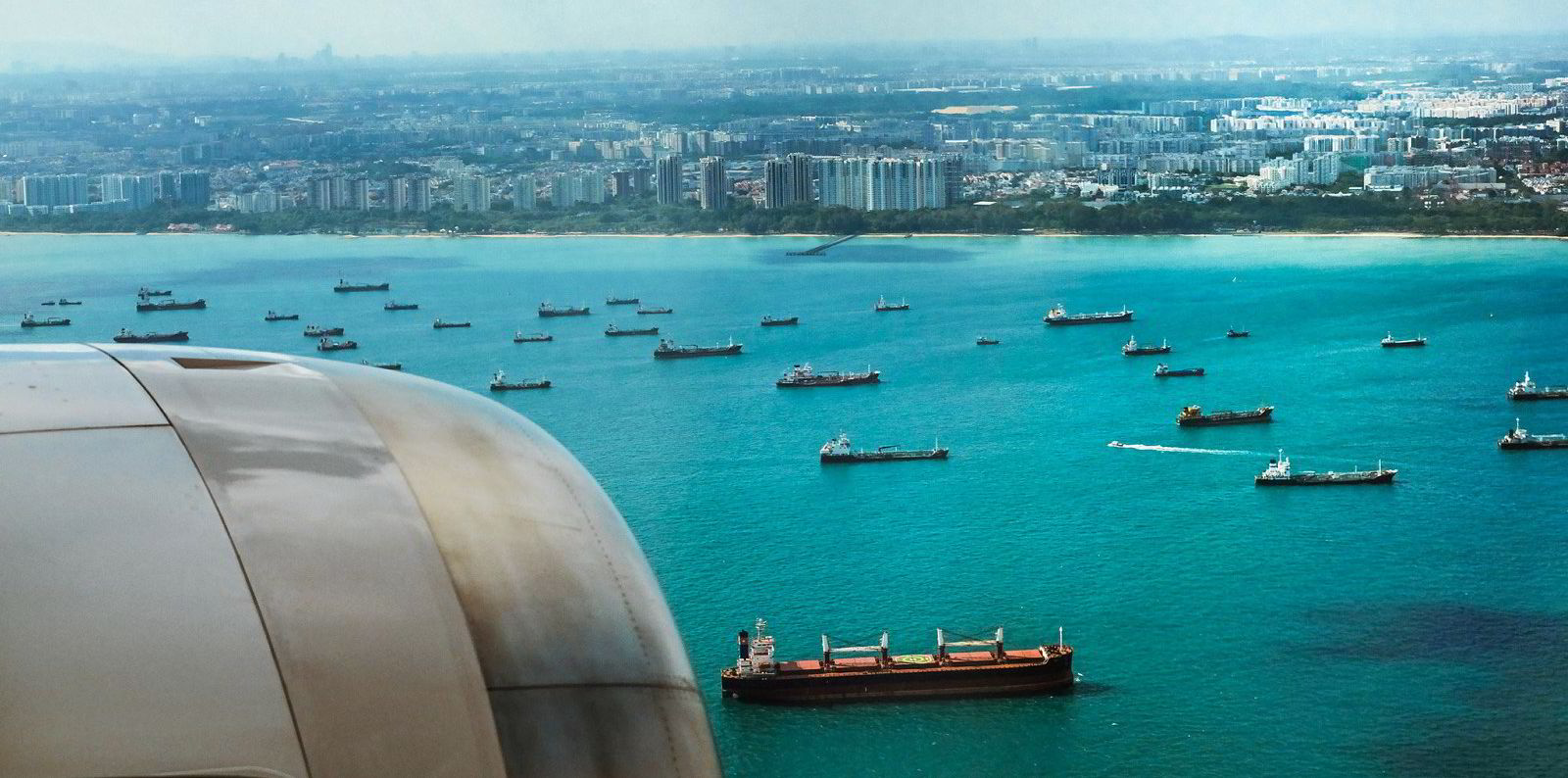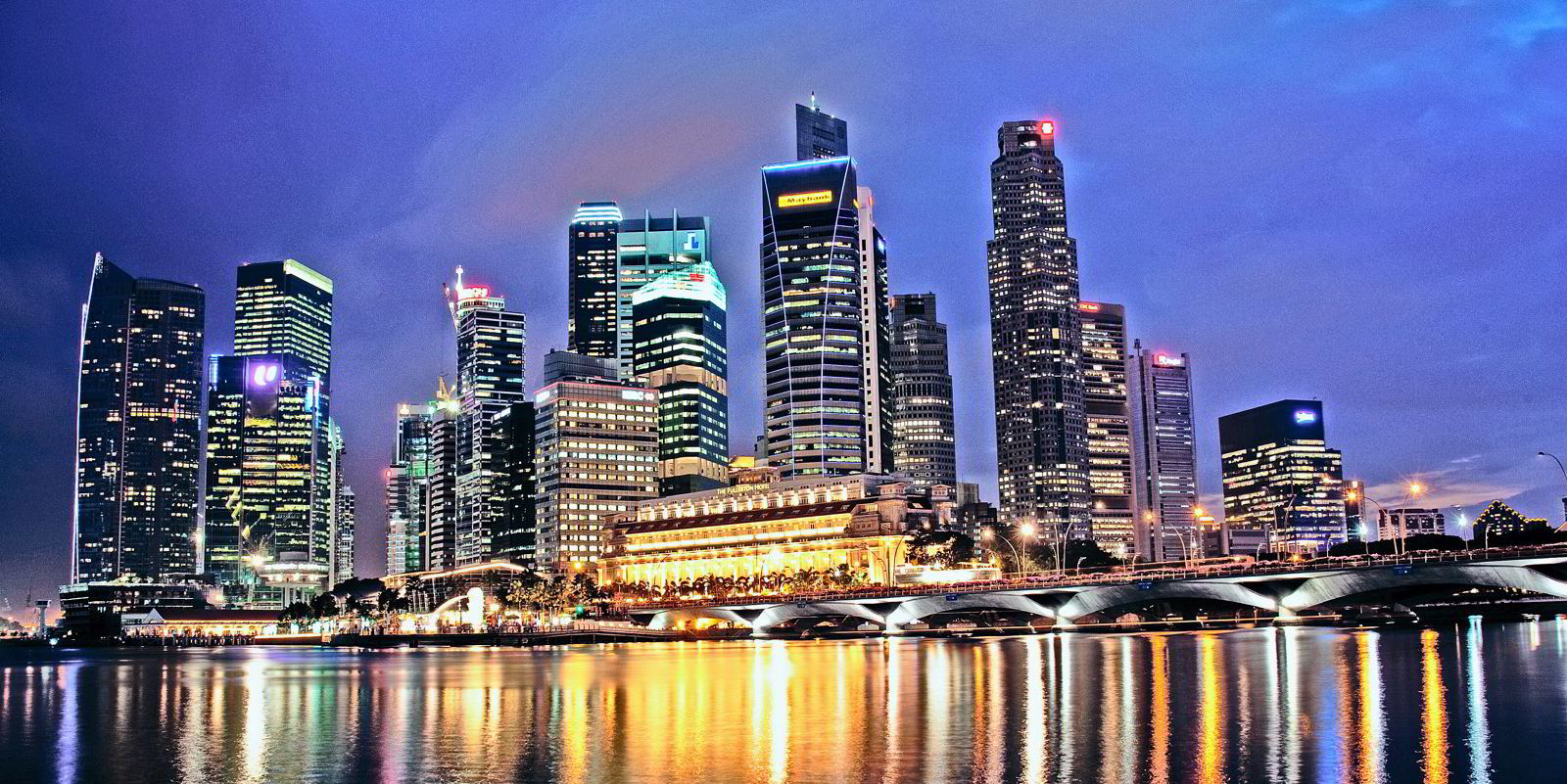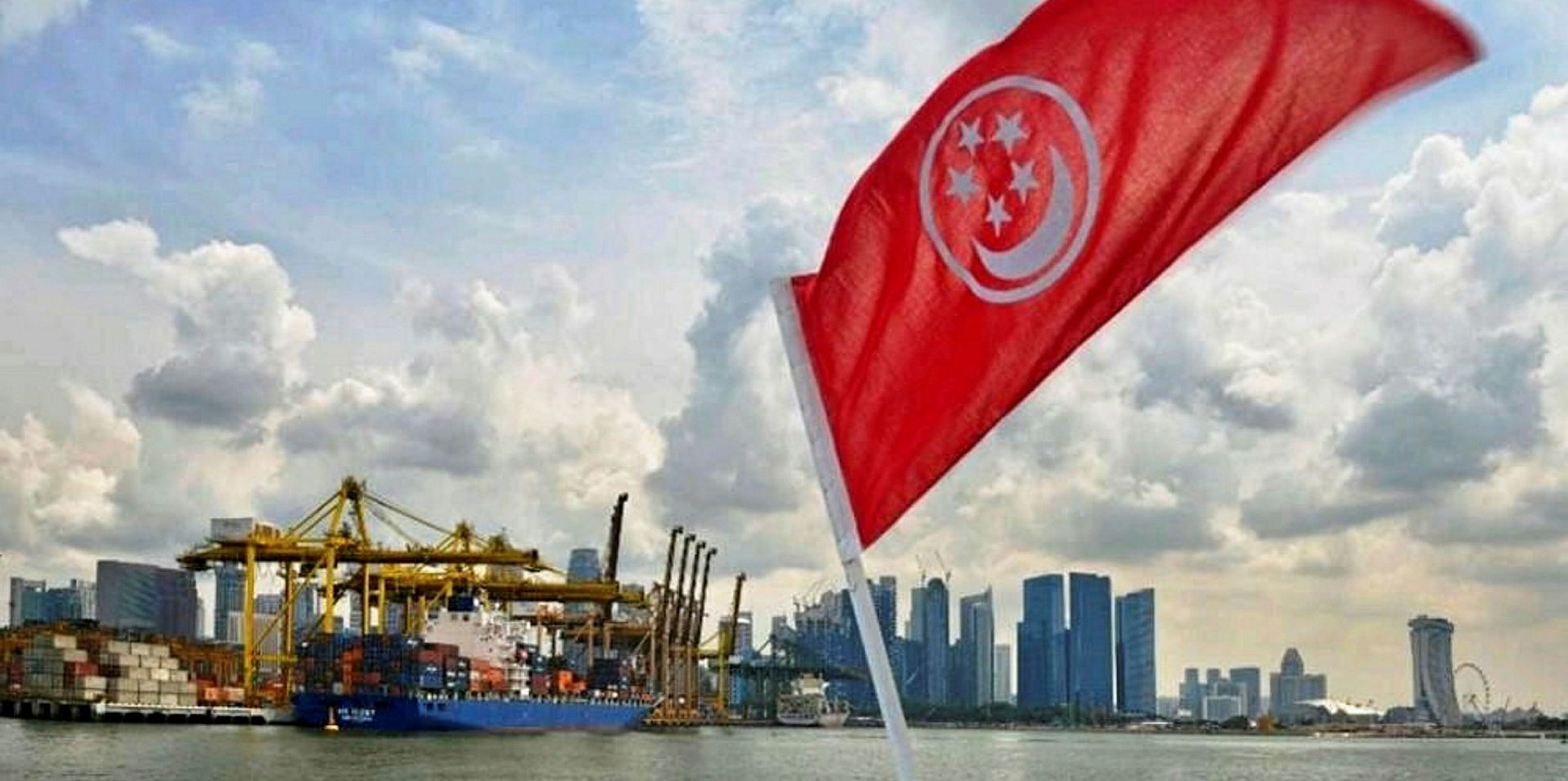Fully vaccinated executives from maritime companies in the UK and Denmark will be among those soon allowed to travel to Singapore without quarantine.
The move is part of a wider initiative by the city state’s government to allow quarantine-free travel for travellers to the global shipping hub from 19 October 2019.
The other six nations involved are the US, Canada, France, Italy, the Netherlands and Spain. The scheme will be extended to South Korea from 15 November.
Visitors from those nations will be able to enter the island without quarantining if they pass their Covid-19 tests, the government said on Saturday.
Singapore’s travel programme for fully vaccinated visitors started in September with nationals from Germany and Brunei allowed to enter the country.
Up to 3,000 travellers will be able to enter daily via the Vaccinated Travel Lane (VTL) scheme, a far cry from the record 19.1m visitors to Singapore in 2019.
Singapore transport minister S Iswaran announced the update to Singapore’s border measures during a press conference by the multi-ministry task force handling Singapore’s response to the pandemic.
He said that the 11 countries involved accounted for about 10% of Singapore’s annual passenger arrivals before the Covid-19 pandemic and they rank among Singapore’s top 20 trading partners.
"They have significant investments, a strong business presence and sizeable communities in Singapore," he said.
"It is therefore important that we reconnect with them early."
Singapore employs about 170,000 people in the city state and accounts for almost 7% of the country’s GDP.
The country of 5.45m people has been reporting record daily Covid-19 infections of more than 3,000 over the past few days, though almost all the cases are asymptomatic or mild.
About 83% of the population is fully vaccinated, one of the world’s highest rates.
Prime Minister Lee Hsien Loong said that Singapore will reach a new normal and can lighten restrictions when cases stabilise, even if they stay in the hundreds.
"It will take us at least three months, and perhaps as long as six months, to get there,” Lee said in an address to the nation.
"After this surge stabilises, we may still see future surges, especially if new variants emerge. We may have to tap on the brakes again if cases again grow too fast, to protect our healthcare system and healthcare workers.
"Let us go about our daily activities as normally as possible, taking necessary precautions. We should respect Covid-19, but we must not be paralysed by fear," Lee added.





